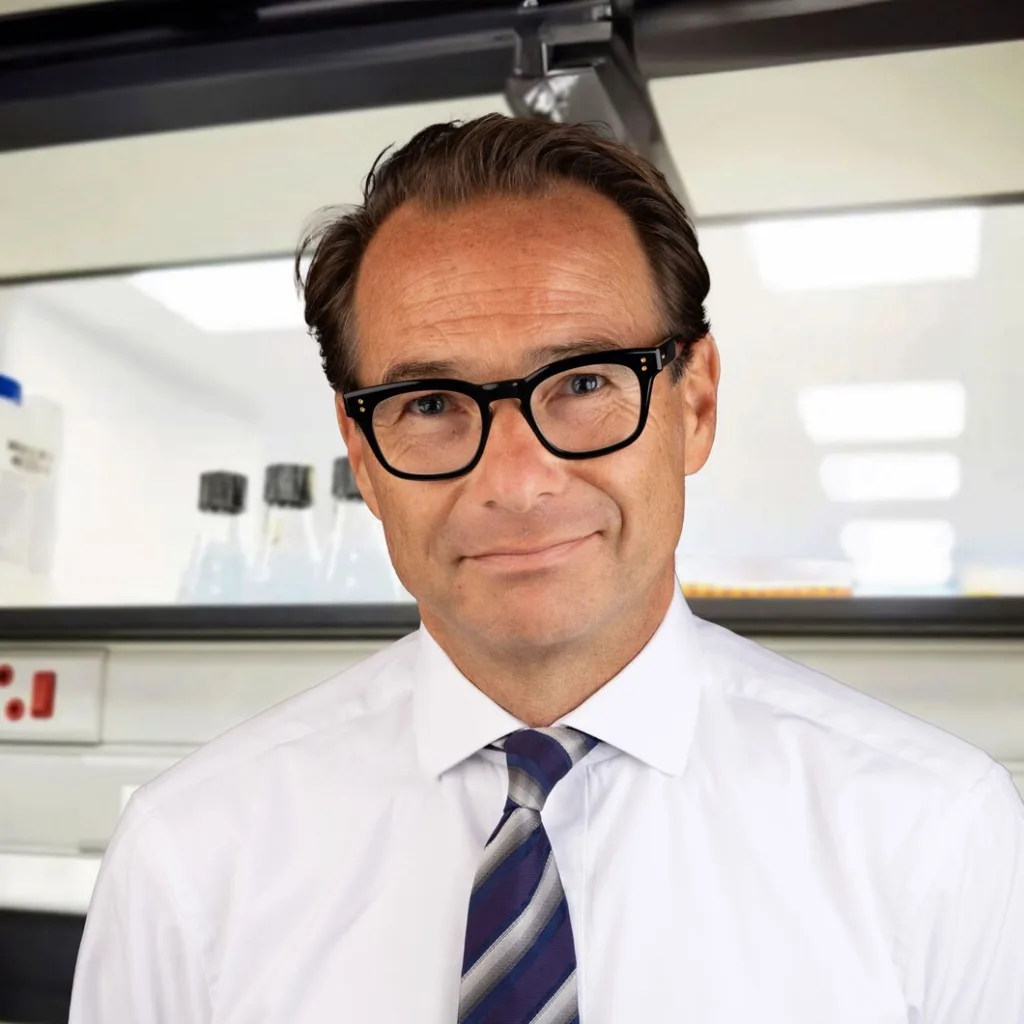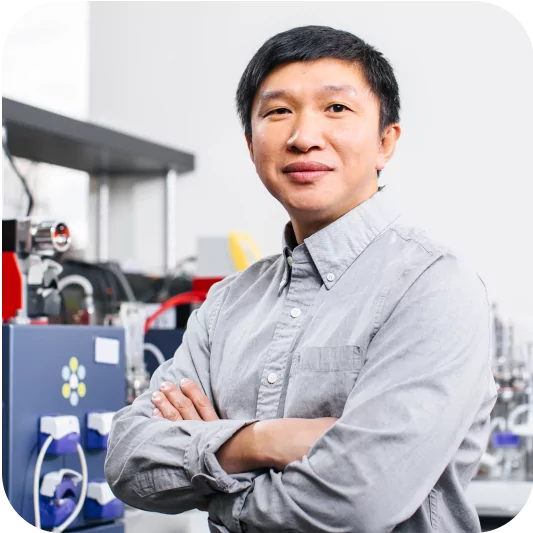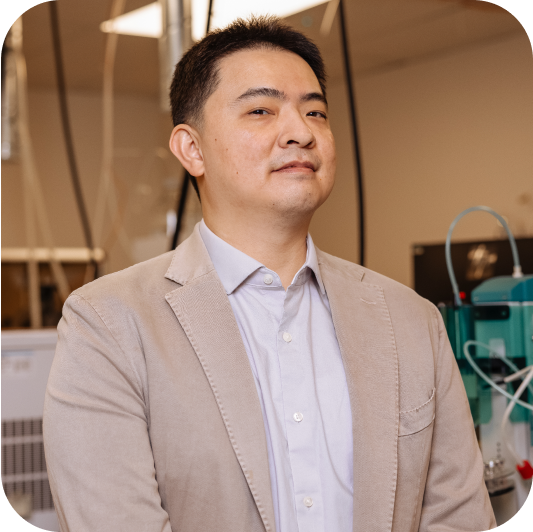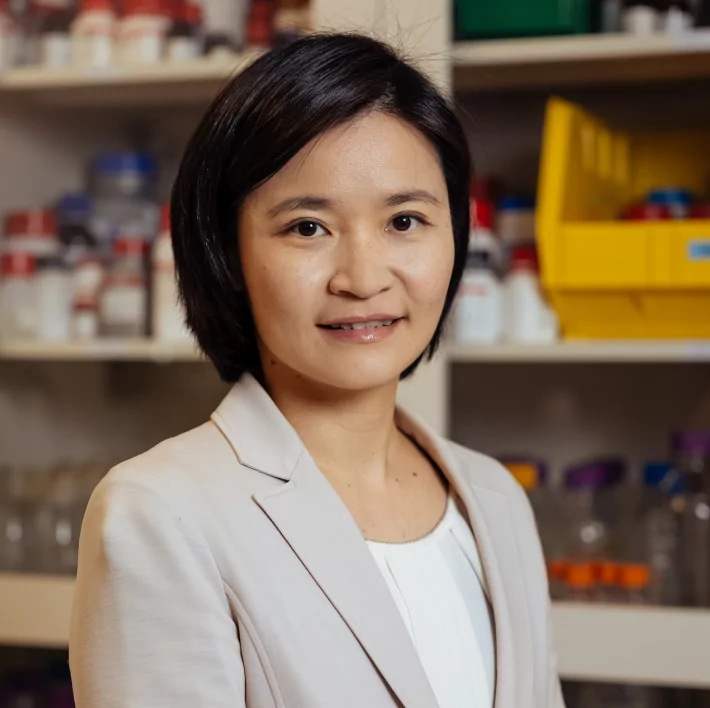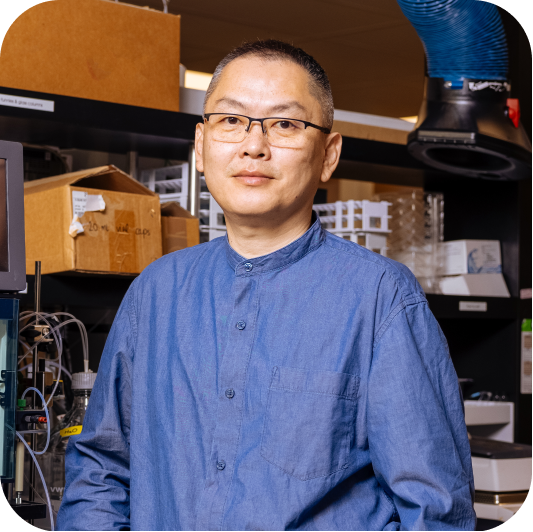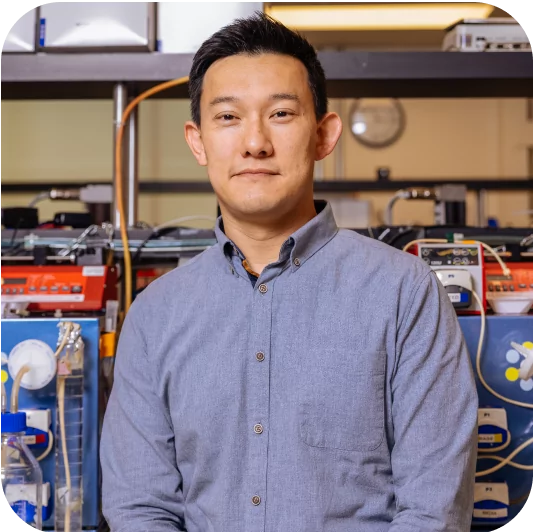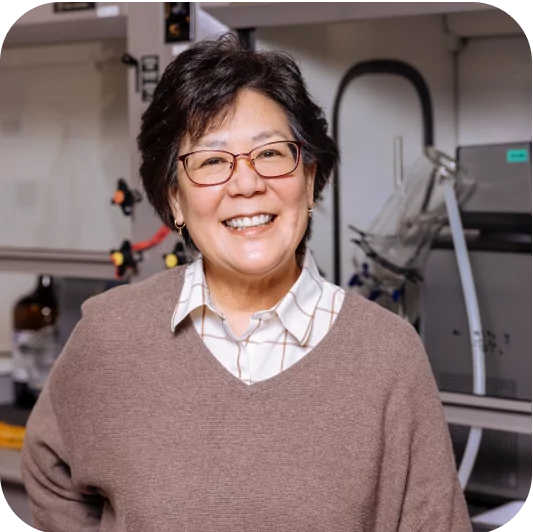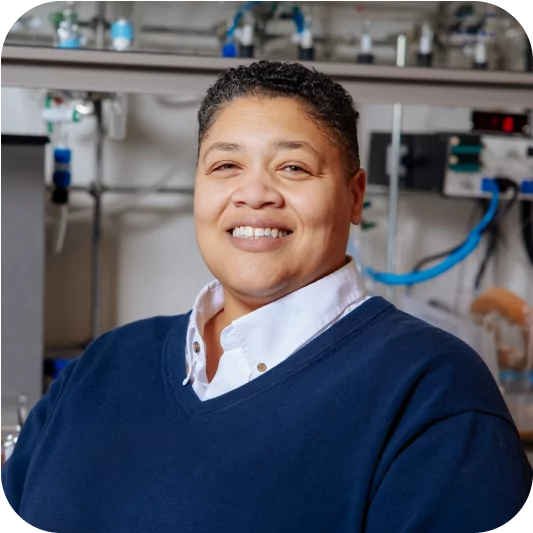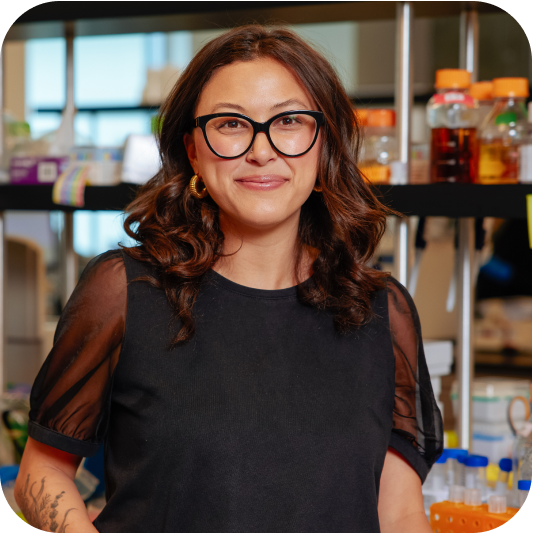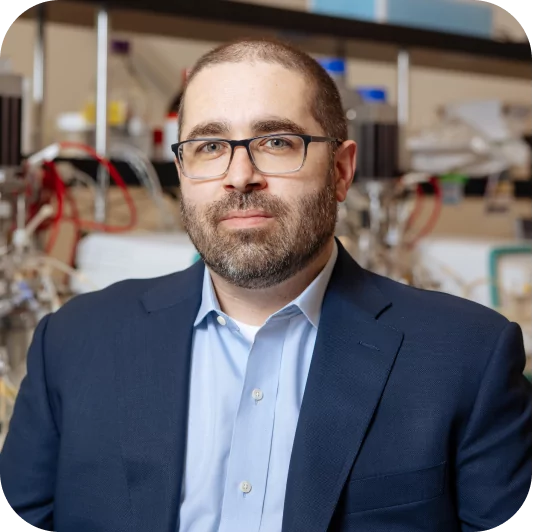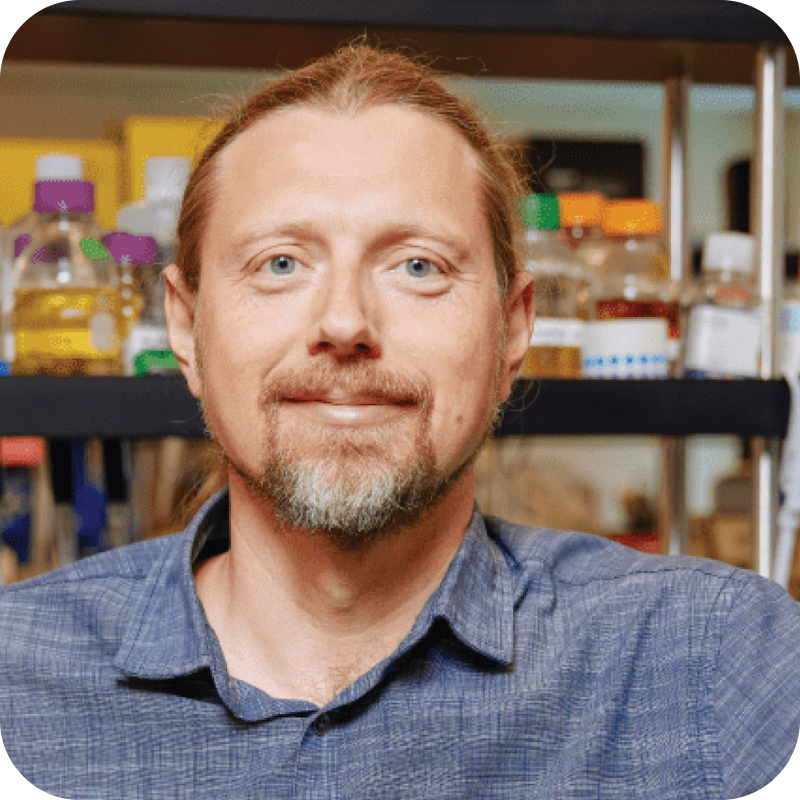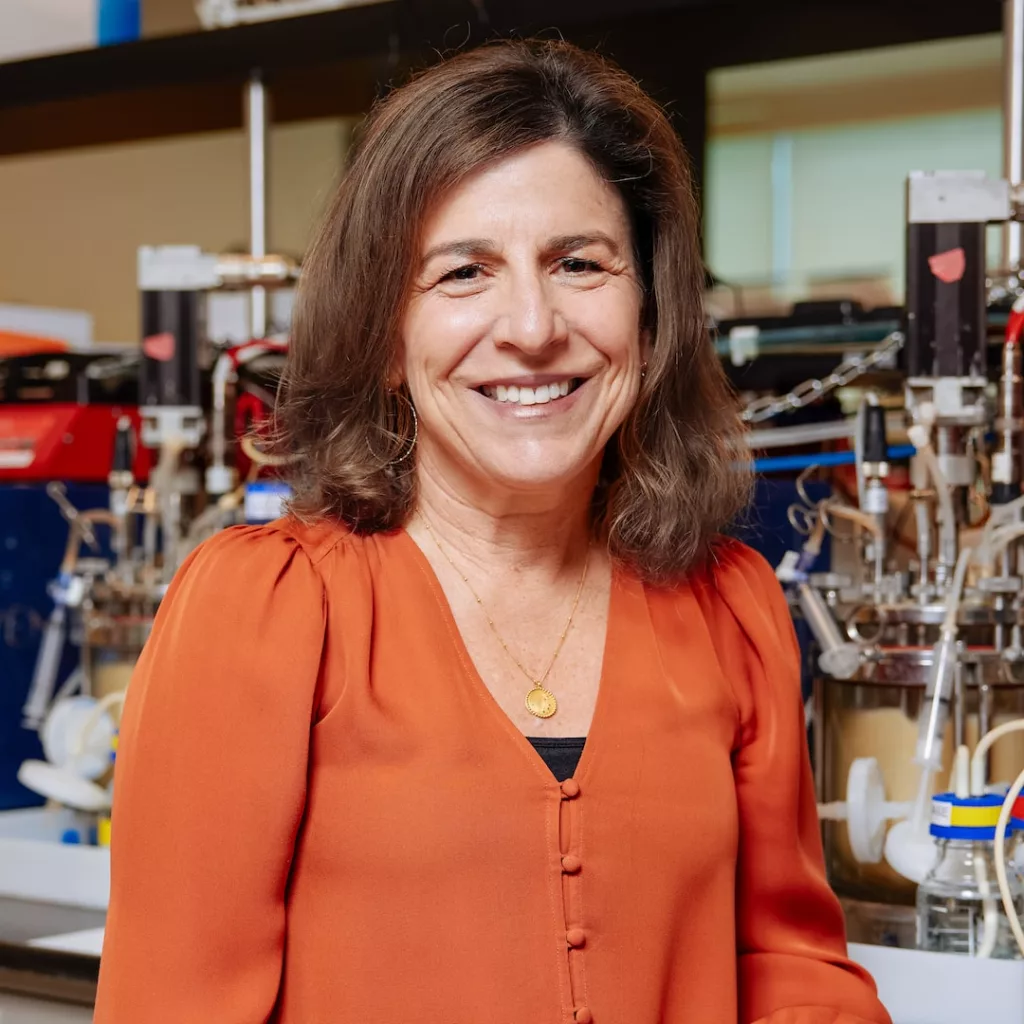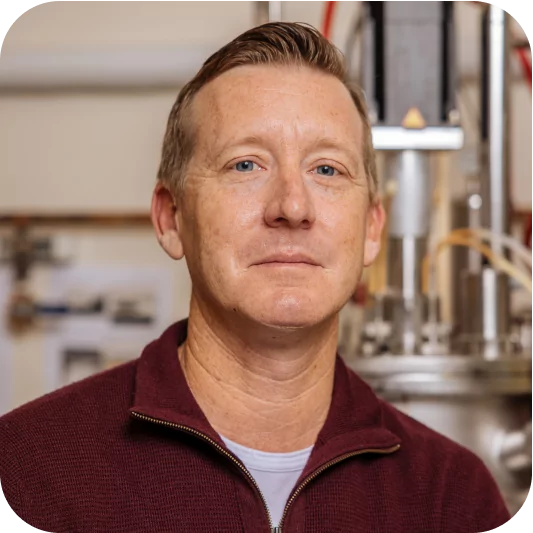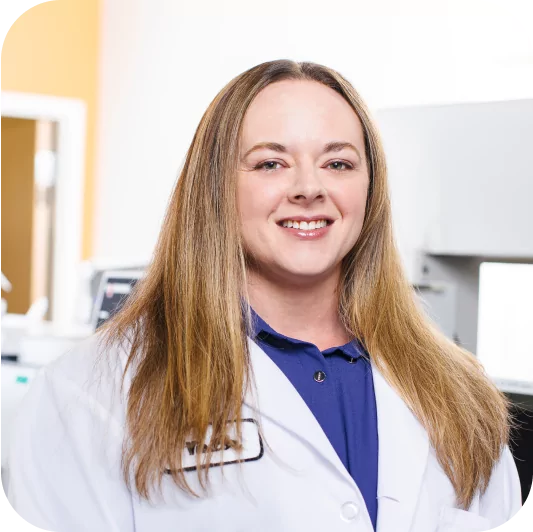Americans spend over $300 billion on pharmaceutical drugs every year. In normal times, the supply chain behind these drugs is designed to go unnoticed. It’s not until something breaks – a prescription goes unfilled or a hospital runs out of a critical medication – that the fragility of the supply chain becomes clear.
The tenuous links of the drug supply chain – the international journey behind sourcing, manufacturing and distributing pharmaceutical drugs – have recently been exposed by the COVID-19 pandemic. The U.S. is experiencing shortages of essential drugs, many of which are required to safely and painlessly intubate patients. And nowhere is this fragility more apparent than for the hundreds of drugs that begin their journey in nature.
From Farm to Patient
In the last five years, more than 40% of all drugs were sourced from nature, with the majority of those from plants specifically. Plant-derived drugs range from cancer medications like taxol (derived from the yew tree) to the heart medication digoxin (derived from the foxglove plant) to essential pain medications like morphine (derived from the poppy). The journey these drugs take from farm to patient is years long, and if disrupted, can result in significant drug shortages and doctors having to rely on less effective alternatives.
The first step of a plant-based drug’s journey begins far away from the field, when growers, drug companies and in some cases, government regulators decide the quantity of drugs to produce two or three years ahead of time. Once this quantity is established, specialized farmers plant and grow thousands of acres of crops, a process which can take up to multiple years and is impacted by variables such as climate change, pest and disease issues, soil health, and more. At the end of the growing period, the plants are harvested and prepared for shipment, before being transported to facilities all across the world for further processing.
Once these plants arrive at processing facilities, they undergo extensive physical and chemical treatment to extract their medically relevant components. These compounds are typically present in low concentrations and the extraction process is extremely sensitive, as a botched procedure can render a plant compound unusable for medical applications. Once the relevant compounds have been isolated, they are combined with other raw materials or further modified through chemical reactions to become active pharmaceutical ingredients (APIs), the base of all drugs.
From there, APIs are shipped to additional specialized facilities to undergo formulation, the final stage of drug manufacturing. In this step, the APIs are formulated with other substances, called the excipients, that help deliver the medication to a patient’s system while improving stability and reducing toxicity.
After the manufacturing process is complete, pharmaceutical drugs still have to make their way from production facilities to hospitals and pharmacies. This final leg of the journey can take months, as drugs are shipped overseas, inspected by regulators, and distributed to patients. Further, the distribution process can result in inequitable distribution models with costly drugs only accessible to countries and people that can afford them – by the WHO’s estimates, over 2 billion people worldwide lack access to basic medicines.
An On-Demand Future
The journey behind the prescription drug you pick up from the pharmacy is long, delicate and costly. COVID-19 has demonstrated that this fragmented supply chain simply isn’t flexible enough to withstand sudden spikes and sinks in demand, nor reliable enough to ensure batch-to-batch quality production of essential medicines. A fundamentally new manufacturing and distribution process is required to successfully provide drugs when and where they’re needed most.
By turning to synthetic biology, we can eliminate the need to source active ingredients from agriculture, streamlining today’s fragmented and slow-moving supply chains. With our current understanding of DNA and modern computational tools, we can bioengineer the ingredients for medicines using plants as inspiration instead of physical ingredients. Through biomanufacturing, we can produce active pharmaceutical ingredients in days or weeks instead of months or years, turning the drug supply chain into a nimble operation that can effectively provide medicines on-demand and at scale.
To learn more about the technology behind our drug biomanufacturing platform, please visit https://antheia.bio/our-technology/.
